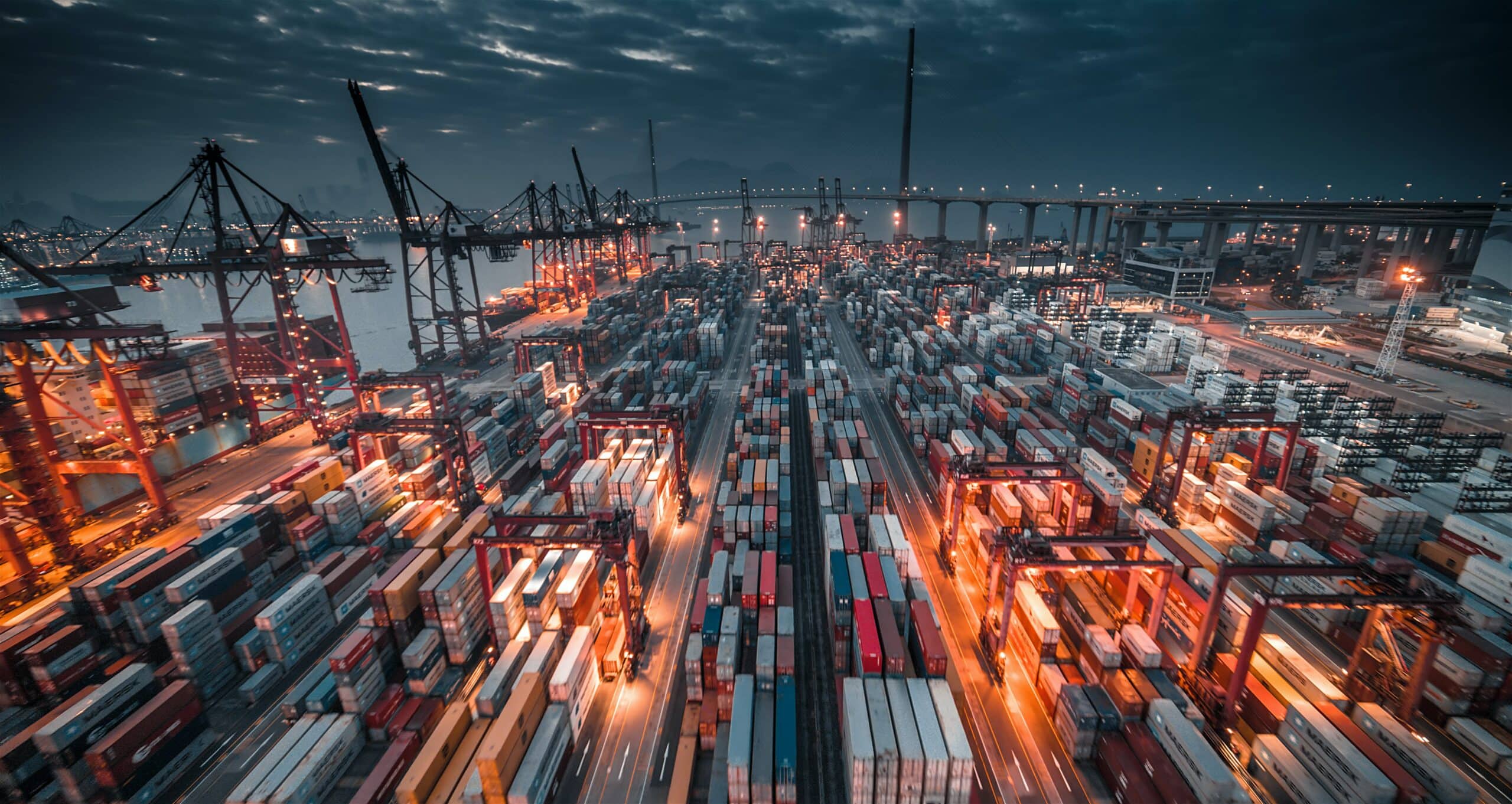
The IMO ruling that requires all vessel operators to calculate and report each of their vessels carbon intensity from next year is set to slow vessel speeds on key trade lanes.
As demand still rides high and with significant new vessel capacity not due on stream until late 2023, vessel operators are increasingly turning to the second-hand ship market to manage increased demand for space on east west tradelanes.
With Clarksons reporting that only 5% of the current global fleet can run on less polluting marine fuel, the balance of the older vessels being traded on the second-hand market will be hit hard by the new IMO ruling and unless more ships are retro fitted, will have to sail at slower speeds to comply with emission rules. Industry experts advise a drop of 10% in cruising speeds will slash fuel usage by almost 30%.
The latest data confirms that shipping emissions are still rising year on year and the scale of the challenge in meeting the IMO’s target of halving emissions by 2050 from 2008 levels cannot be under-estimated. Further calls to commit to net zero emissions look to be even further away.
With transit times ex China to Europe remaining spectacularly high, any reduction in cruising speed making ships slower will only add to supply chain woes at a time some good news is long overdue.
As experts in shipping we know the logistical challenges facing so many companies especially now, with so many supply chain issues. At TCB Group we are here for you to help navigate your way through these challenges. Contact us today for a quote on your next shipment.